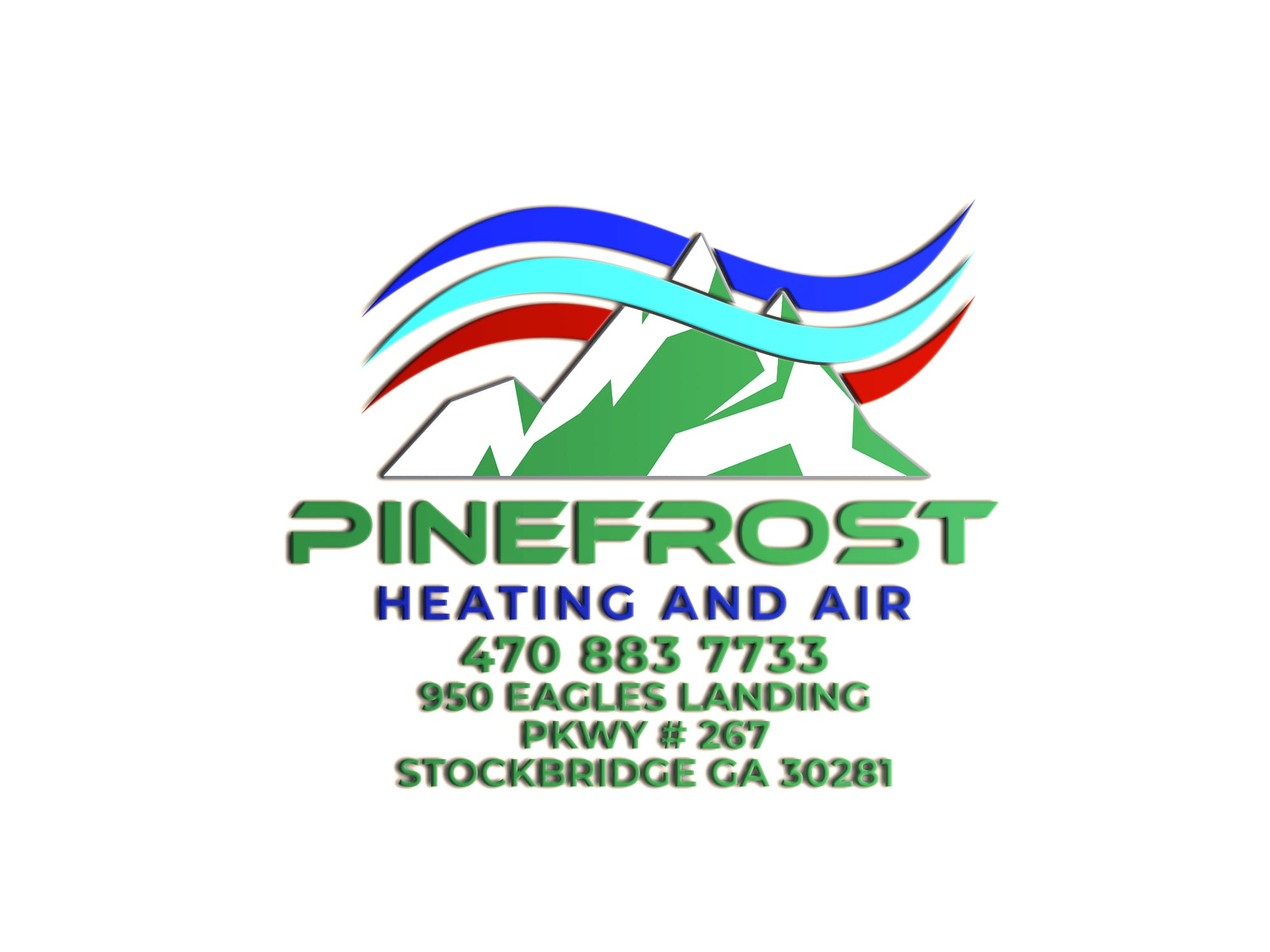Commercial Heating, Air Conditioning Repair And Maintenance Service
Commercial heating and air conditioning service, repair, and maintenance are essential for ensuring optimal performance, energy efficiency, and comfort in your business. Regular maintenance helps prevent breakdowns, reduces energy costs, and extends the lifespan of HVAC systems. Professional technicians provide comprehensive services, including system inspections, cleaning, and tune-ups of key components like filters, coils, and thermostats. In the event of system failure, prompt repairs minimize downtime and restore comfort quickly. By partnering with an experienced HVAC service provider, businesses can maintain a comfortable indoor environment, improve air quality, and enhance overall operational efficiency year-round.
Our maintenance services for commercial HVAC systems
Cleaning and Replacing Air Filters
Regular cleaning and replacement of air filters are vital for maintaining good indoor air quality and HVAC efficiency. Clogged or dirty filters reduce airflow, forcing the system to work harder and consume more energy. By changing filters periodically, you ensure that your HVAC system runs smoothly, improves air quality, and reduces the risk of system breakdowns.
Checking and Calibrating Thermostats
Proper thermostat calibration ensures your HVAC system maintains accurate temperature control. Over time, thermostats can lose their precision, causing temperature fluctuations and inefficiencies. Regularly checking and calibrating the thermostat helps prevent excessive energy use, ensuring consistent comfort while reducing utility costs. Accurate temperature regulation also extends the lifespan of your system.
Inspecting and Cleaning Evaporator and Condenser Coils
Evaporator and condenser coils accumulate dirt over time, reducing their ability to absorb and expel heat, respectively. Regular cleaning of these coils improves energy efficiency by allowing your system to work optimally. Dirty coils can cause overheating, poor cooling performance, and increased energy consumption, so maintaining them helps prolong the life of your HVAC system and keeps energy costs low.
Lubricating Motors and Moving Parts
Lubrication of motors and moving parts is essential to reduce friction, wear, and noise in your HVAC system. Without proper lubrication, components such as fans, motors, and belts can become inefficient, leading to premature failure or higher energy consumption. Regular lubrication ensures smooth operation, enhances system reliability, and reduces maintenance costs over time.
Checking Refrigerant Levels and Pressures
For air conditioning systems, checking refrigerant levels and pressures is crucial to ensure optimal cooling performance. Low refrigerant can cause the system to overheat, freeze up, or operate inefficiently, increasing energy costs. Regular checks and refills of refrigerant levels prevent system strain, enhance cooling effectiveness, and ensure that your HVAC system performs at its best all year round.
Testing Safety Controls and Switches
Testing safety controls and switches is essential for preventing system malfunctions and ensuring the safety of your HVAC system. These components are designed to shut down the system in case of potential hazards like overheating, gas leaks, or electrical issues. Routine testing verifies that safety controls are functioning properly, reducing the risk of dangerous failures or fire hazards.
Inspecting Electrical Connections
Inspecting electrical connections is vital for preventing electrical malfunctions, system failures, and potential fire hazards. Loose or worn-out electrical connections can lead to overheating, short circuits, or even total system failure. A thorough inspection ensures that all connections are secure and functioning correctly, which helps maintain safety, reliability, and efficiency in your HVAC system. you can also get our commercial Refrigeration service rrom our experts.
Cleaning and Inspecting Ventilation and Ductwork
Cleaning and inspecting ventilation and ductwork improves airflow, air quality, and system efficiency. Over time, dust, dirt, and debris can accumulate in ducts, restricting airflow and spreading contaminants throughout the building. Regular cleaning and inspection remove blockages, improve circulation, and ensure that your HVAC system distributes air evenly, enhancing comfort and energy efficiency.
